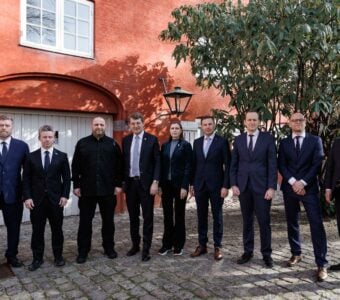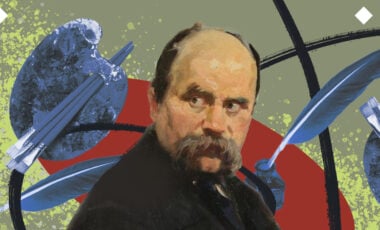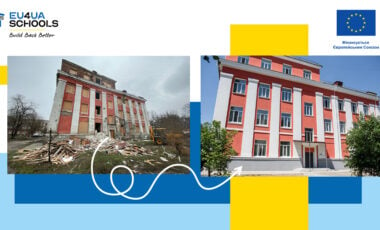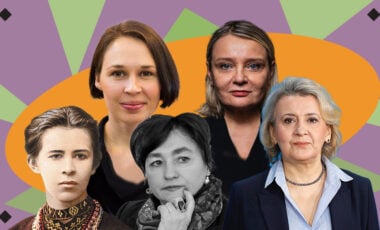Military cardiac surgery department opened at Amosov Institute in Kyiv
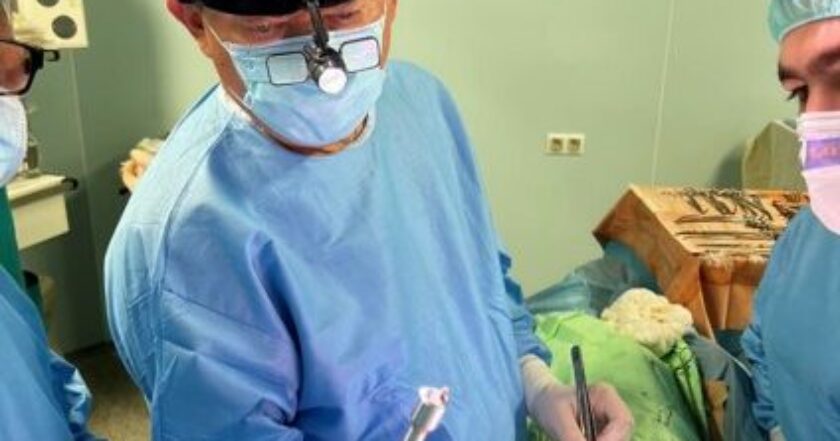
Фото: Національний інститут серцево-судинної хірургії імені Миколи Амосова
A department of military cardiac surgery was opened at the Mykola Amosov Kyiv National Institute of Cardiovascular Surgery.
Rubryka writes about this, referring to the website of the medical institution.
As reported in the medical institution, the new department provides highly specialized medical assistance to military personnel with combat injuries and chest and heart injuries.
Director of the National Institute of Cardiovascular Surgery, Vasyl Lazoryshynets, said that when the chest is wounded, the pericardium, heart and large vessels are damaged in 10-15% of cases.
"The greatest threat to life is caused by landmine and bullet wounds to the heart; pre-hospital mortality in penetrating heart wounds reaches 55-94%," the doctor adds.
The combat trauma of the heart also includes closed injuries of the heart and main vessels or the migration of shrapnel into the heart cavity.
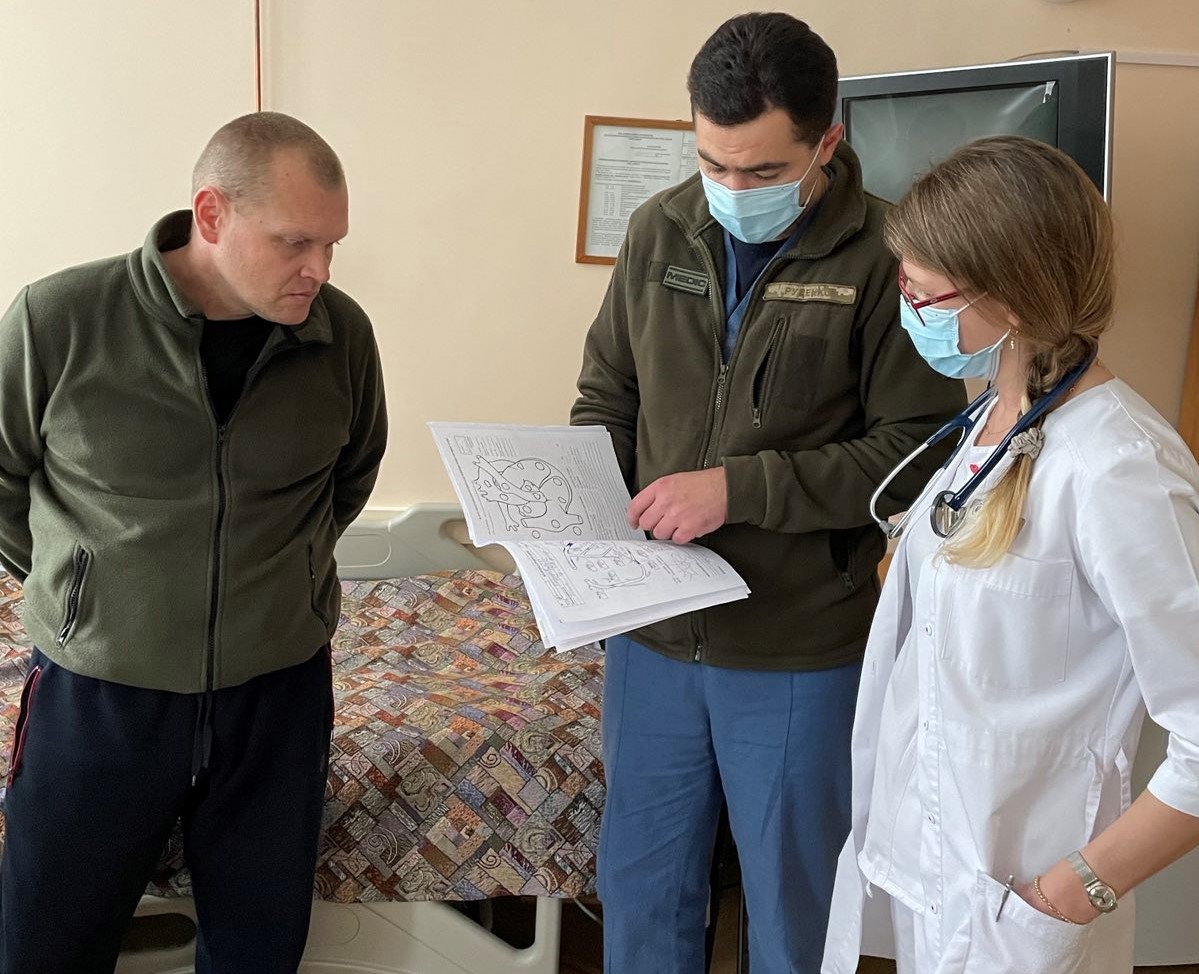
Photo: Mykola Amosov National Institute of Cardiovascular Surgery
According to the doctors, this direction has been developed at the Amosov Institute since 2014.
From June 2014 to the beginning of December 2022, the Amosov Institute treated 597 military personnel and veterans with heart and major vessel pathology.
Of them, 40 have combat injuries of the heart and blood vessels, the institute emphasized.

Photo: Mykola Amosov National Institute of Cardiovascular Surgery
The Amosov Institute notes that they are implementing new methods of helping patients with severe mine and explosive injuries, developed together with military doctors.
In particular, we are talking about the removal of metal fragments from the heart with the help of magnets and other interventions.
Doctors have also developed:
- indications for the evacuation of the injured to a cardiosurgical hospital,
- indications for removal of a foreign body after a penetrating gunshot wound to the chest,
- recommendations for patient management when a fragment remains in the heart.
It will be recalled that earlier in the "Feofania" hospital, a soldier who escaped from enemy captivity had a bullet taken out of his heart.
As Rubryka wrote, Lviv cardiologists also restarted the heart of 101-year-old Maria Orobets, installing the third pacemaker in her life.




